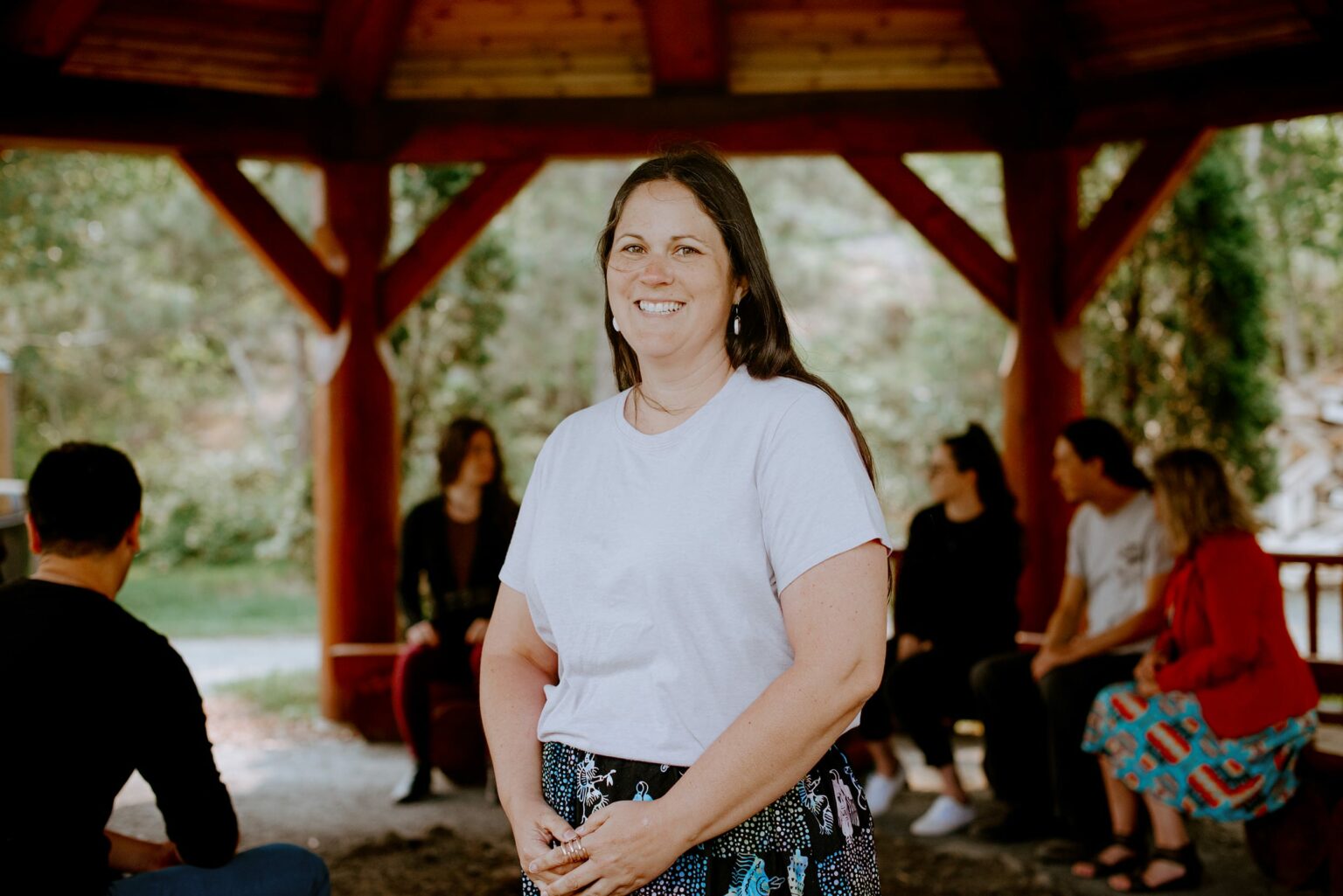Alumni
Cambrian alumni make up a prestigious network of 70,000+ graduates applying their skills and expertise worldwide.

As a Cambrian College alumni, you belong to an esteemed network of over 70,000 graduates who are making a positive impact worldwide. You are an integral part of the Cambrian family, a close-knit community of engaged individuals. Through your participation and support, this network will only continue to grow.
Your invaluable contributions have played a significant role in Cambrian’s rich history and continue to shape its promising future. We encourage you to deepen your connection with the College as we continue to strive for excellence. Our community thrives on strength, commitment, and an infectious passion that unites us all. Together, we are all proud members of the #CambrianCommunity.
Alumni impact and activity reports
Discover all the great things happening in Cambrian’s Alumni and Development department. Click on the link below to view our latest Impact Report.

Alumni perks
Did you know that as a Cambrian alumni, you are eligible for discounts? We’re happy to share that we offer discounts for a wide range of goods and services from insurance and credit card discounts to retail and attraction perks to discounts on campus! Some of these perks are also offered to all Cambrian faculty and staff!

Career supports
The Cambrian Career Centre helps graduates with résumés, cover letters, and mock interviews to aid in job searches. Computer access is available onsite. Contact the Career Centre for more information or to set up an appointment.
Alumni can also register for and log into the myCareer portal to check for job opportunities.
Alumni recognition
The Premier’s Awards for outstanding college graduates honour the important social and economic contribution that graduates make to Ontario and throughout the world.
Presented annually, the Premier’s Awards recognize graduates in the following seven categories – Apprenticeship, Business, Community Services, Creative Arts and Design, Health Sciences, Recent Graduate and Technology.
Interested in putting yourself or someone you know forward for nomination? Email alumni@cambriancollege.ca for more information.
Cambrian College Alumni Award of Distinction Nominations OPEN!
Each year, Cambrian College proudly presents the Alumni Award of Distinction during our convocation ceremonies held each Spring. This prestigious award recognizes outstanding individuals who have brought honour to Cambrian College through their remarkable achievements, both professionally and personally.
The award is presented to alumni who have demonstrated:
- Professional Accomplishment: Our recipients excel in their chosen fields, serving as shining examples of success and innovation. Their achievements stand as a testament to the quality of education and training provided by Cambrian College.
- Notable Personal Contributions in the Community: Beyond their professional endeavours, our alumni give back to their communities in meaningful ways. Whether through volunteer work, advocacy, or philanthropy, they make a positive impact on the lives of those around them.
- Distinguished Service to Cambrian College: These individuals go above and beyond to support and enhance the Cambrian College experience. They may mentor current students, contribute to alumni initiatives, or play a role in shaping the future of our institution.
Winners of the Cambrian College Alumni Award of Distinction inspire and uplift not only our alumni but also our faculty, staff, and students. They exemplify the values of Cambrian College and serve as role models for future generations of graduates.
Do you know an alumni who should be recognized?

Reunions
A class reunion is a special time for you and your former Cambrian College classmates. The staff in the Cambrian Alumni and Development office look forward to helping you plan a reunion that you will remember for years to come. Connect with us to find out more.
Stay connected
As you continue on your path in life, fulfilling your potential and acting as a Cambrian College ambassador, we encourage you to stay connected with us. We take great pride in your personal and professional successes and want to celebrate and support your achievements. Through this on-going connection, we can also inform you of opportunities, activities, and events that may be beneficial to you during your journey…and help you have some fun along the way.
Meet our team
Please don’t hesitate to contact any of our team members if you would like to give or get involved!
Follow us on social media!
Contact info
Cambrian College Alumni
1400 Barry Downe Rd. Sudbury, ON P3A 3V8
705-566-8101, ext. 6411
alumni@cambriancollege.ca